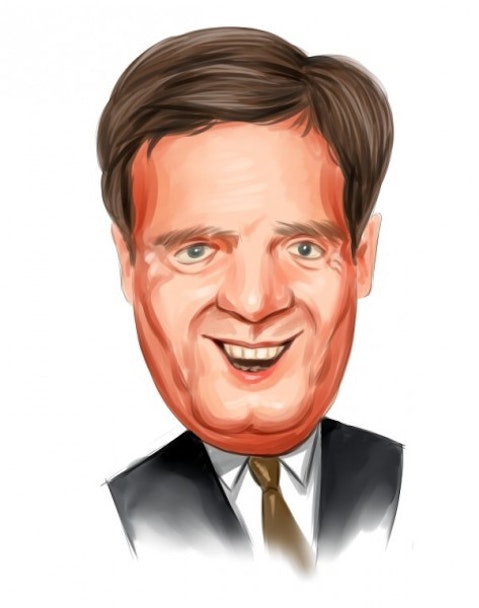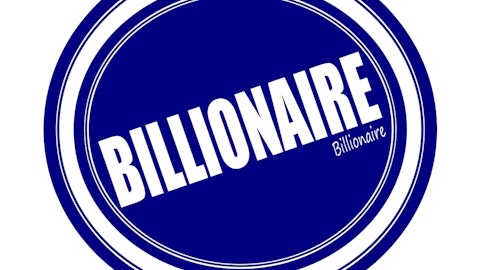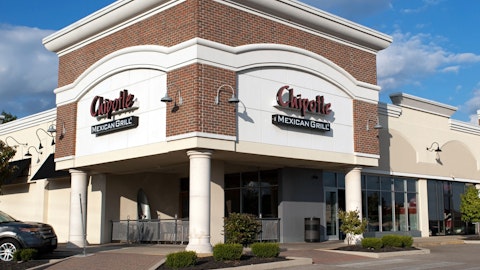Although Stanley Druckenmiller is not optimistic about the stock market, his family office is still actively managing its equity portfolio. The legendary investor has stated his dissatisfaction with the state of the economy and the stock market for quite some time now, pointing the finger at the lax Fed, the weakness in the Chinese economy, and companies racking up debt so they can buy back stock. Overall, Duquesne Capital liquidated 22 positions and initiated 20 new ones during the second quarter of 2016 according to the family office’s 13F filing for the quarter, and its latest moves have signaled its bullishness on commodities.
What was a source of headaches for many asset managers last year, has turned out to be a source of great returns this year, and that could continue, at least so far as Mr. Druckenmiller’s moves suggest. During the second quarter, his fund initiated a number of new positions in energy and mining companies, betting on the continued revitalization of the commodity markets. In this article we’ll take a look at the esteemed investor’s five most prominent moves during the second quarter.
At Insider Monkey, we track around 765 hedge funds and institutional investors. Through extensive backtests, we have determined that imitating some of the stocks that these investors are collectively bullish on can help retail investors generate double digits of alpha per year. The key is to focus on the small-cap picks of these funds, which are usually less followed by the broader market and allow for larger price inefficiencies (see more details about our small-cap strategy).
Fizzy Drinks Bad For One’s (Financial) Health?
We’ll start off with the stocks that Mr. Druckenmiller disposed of during the second quarter. First up is PepsiCo, Inc. (NYSE:PEP), as Duquesne Capital sold the 353,300 shares that it previously held for a nice profit, as the stock rose by 7.5% during the second quarter. Donald Yacktman’s Yacktman Asset Management reported a 21% reduction in its own holding of PepsiCo, to 10.6 million shares valued at $1.12 billion.
Follow Pepsico Inc (NASDAQ:PEP)
Follow Pepsico Inc (NASDAQ:PEP)
Receive real-time insider trading and news alerts
Mr. Druckenmiller and his team also decided to rid their portfolio of Pepsi’s rival, The Coca-Cola Co (NYSE:KO), as healthy lifestyle trends pick up steam. At the end of the first quarter, Duquesne Capital held approximately 1.39 million shares of the fizzy soft-drink giant and sold off all of them during the second quarter. Warren Buffett‘s faith in the company is still strong, as Berkshire Hathaway continues to hold 400 million shares as of the end of June.
Follow Coca Cola Co (NYSE:KO)
Follow Coca Cola Co (NYSE:KO)
Receive real-time insider trading and news alerts
Both companies have been hurt by the recent trend towards more healthy products and beverages. Excessive sugar consumption leads to a number of health problems, including obesity and diabetes, while artificial sweeteners are also believed to have a negative impact on health (perhaps even worse than sugar). As a result, there has a significant decrease in the consumption of soda in developed markets, though emerging markets are still showing some growth. What have PepsiCo, Inc. (NYSE:PEP) and The Coca-Cola Co (NYSE:KO) done about it? They’ve started selling soda in smaller containers, for consumers who would still like to enjoy a fizzy drink from time to time. The trick is that Pepsi and Coca-Cola can charge a higher price per ounce of soda when it is sold in smaller containers.
Nevertheless, this is not a long-term solution and both companies have been actively diversifying their product portfolios in response. The Coca-Cola Co (NYSE:KO) has established itself as a top player in sparkling drinks, juice, and ready-to-drink coffee, building up a portfolio of over 500 brands. PepsiCo, Inc. (NYSE:PEP), in the meantime, has also invested heavily in healthier product categories, one of which is craft sodas. According to the company, this segment has grown to account for 9% of total sales, bringing in approximately $5 billion in the most recent quarter. “We think craft is a critical growth space, and we hope this is something we will be talking about for years to come,” said Scott Finlow, PepsiCo vice president of innovation and global insights for global foodservice.
Head to the next page to find out which other stock Duquesne Capital disposed of during the second quarter and two stocks that it is betting big on.






